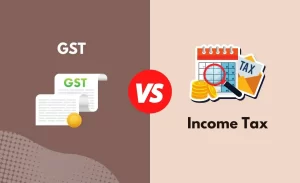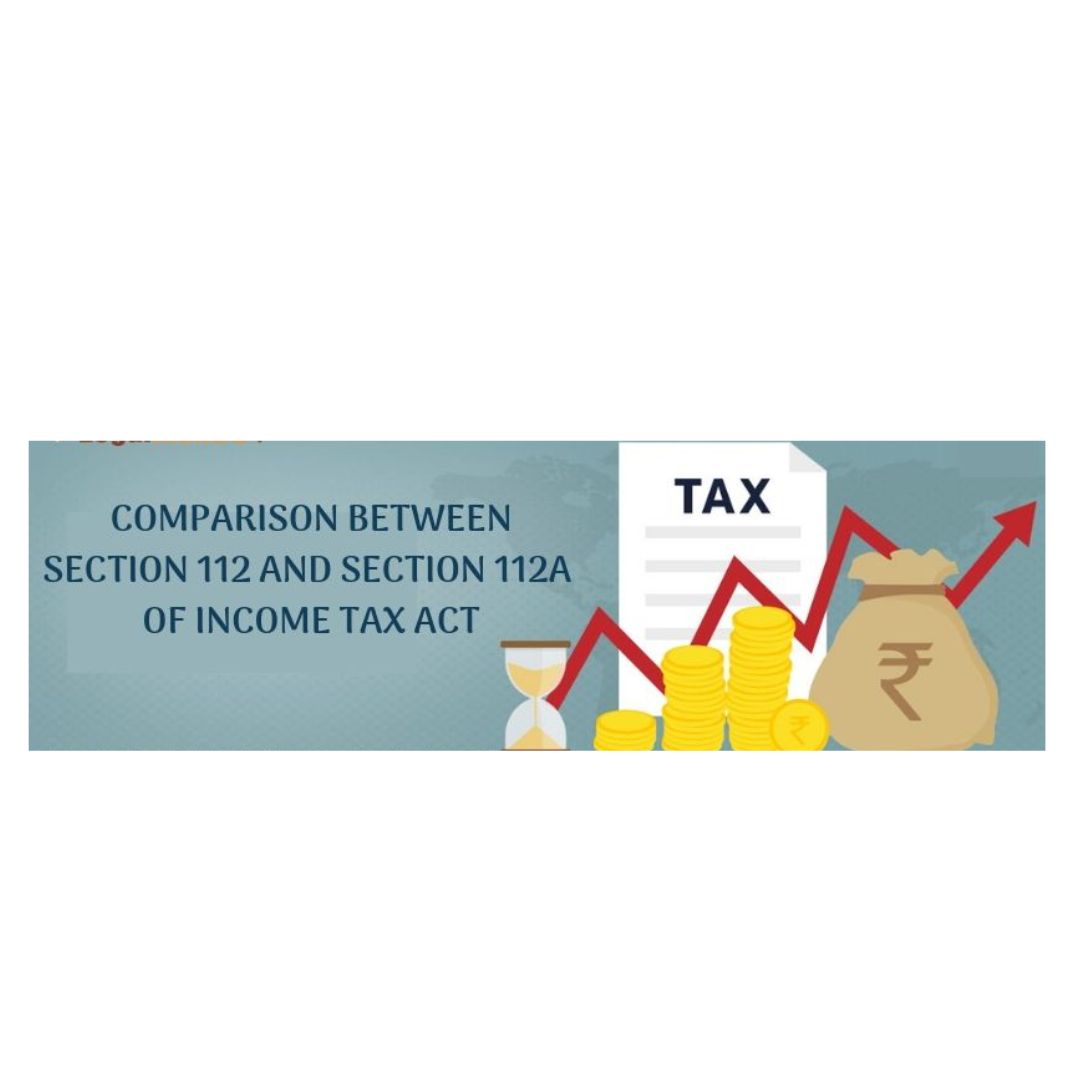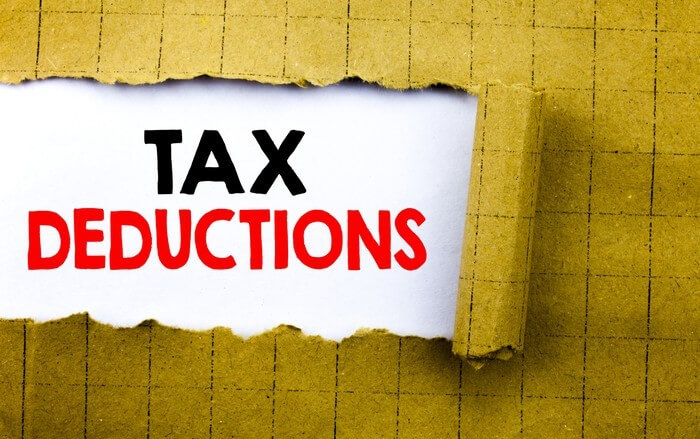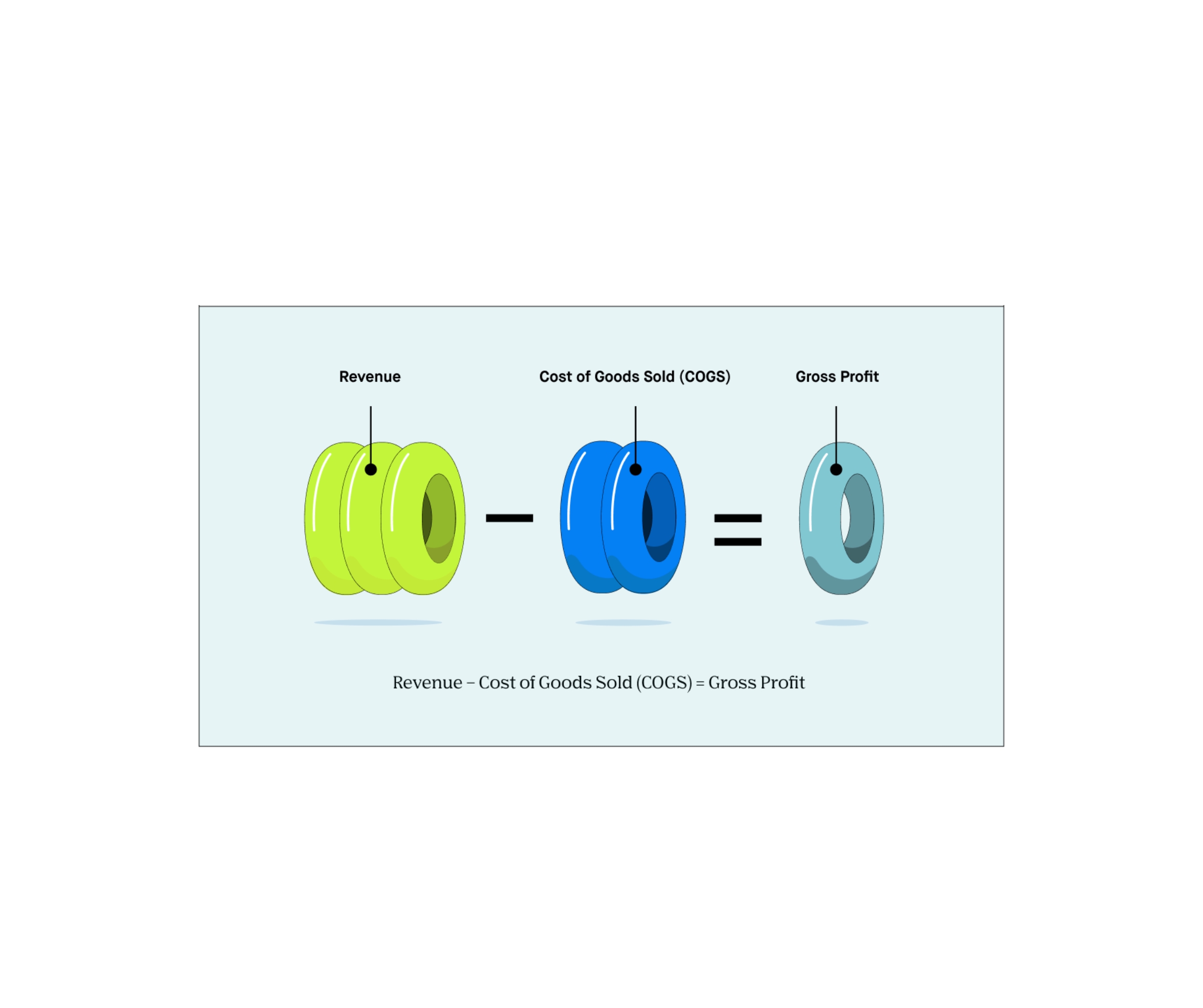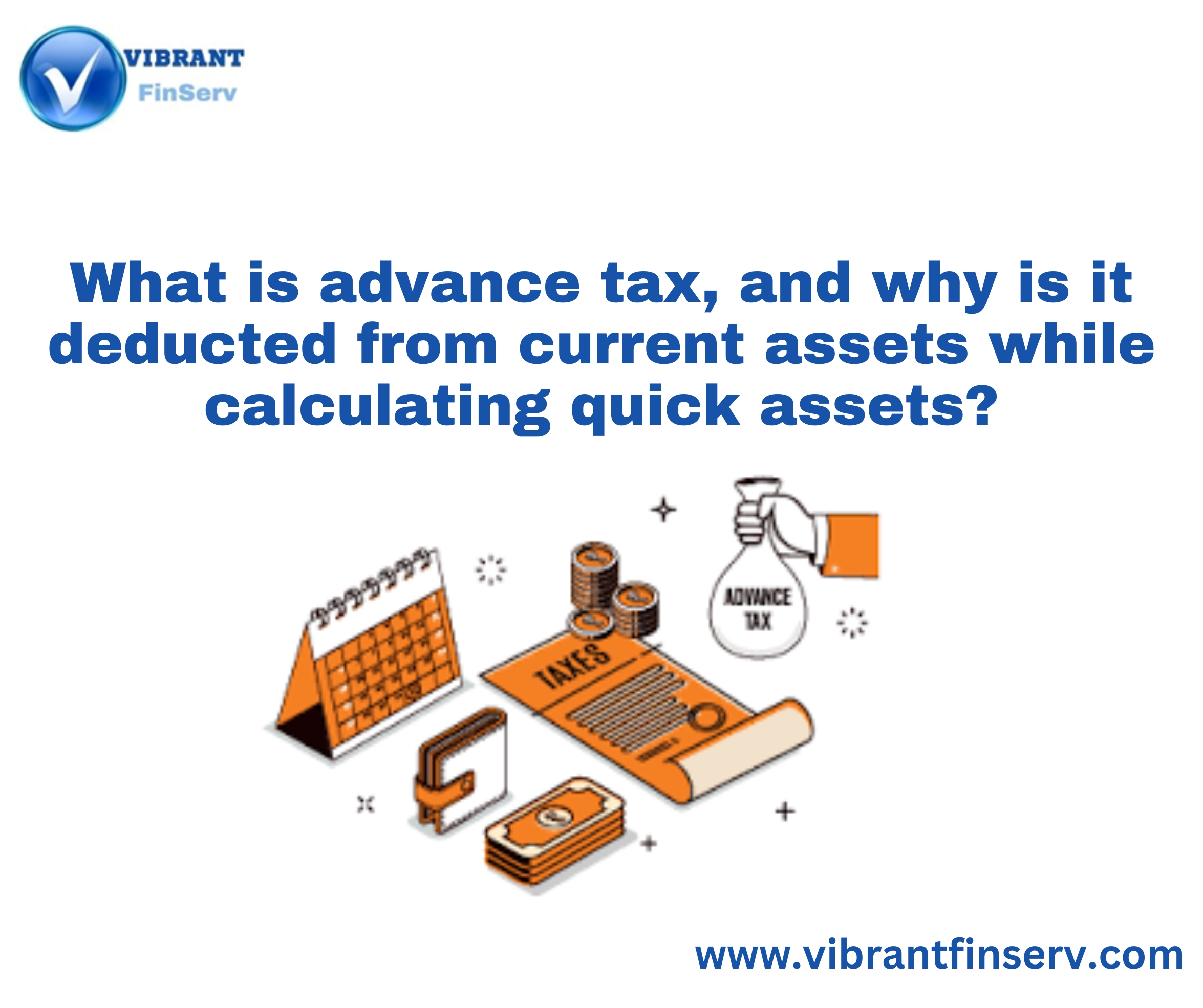Can an income tax return be revised after the ITR is processed?
Introduction Filing an income tax return (ITR) is a crucial financial responsibility for taxpayers. However, errors or omissions can sometimes occur while filing. A common question many taxpayers ask is: “Can an income tax return be revised after it has been processed?” The answer is yes, but with certain conditions. This article explores the… Read More »


